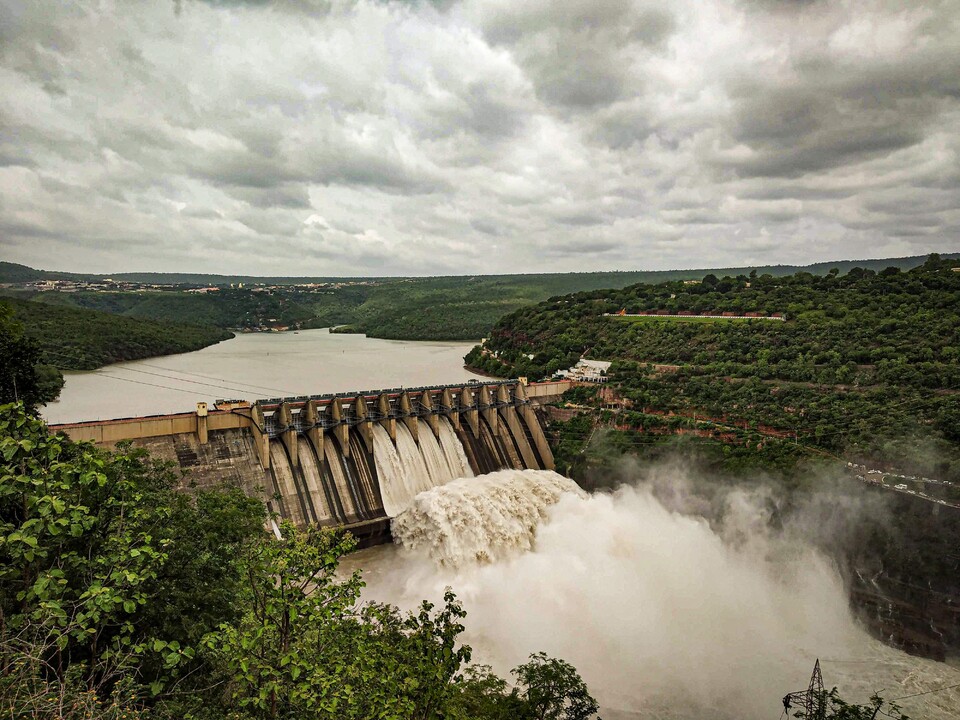
Coined as a ‘rain bomb’, the past week’s weather event was powerful enough to restrict site access, flood and contaminate construction projects. An event of this magnitude is extraordinary and therefore difficult to anticipate, leaving parties to a construction contract uncertain.
Force majeure clauses may prove to be a lifeboat for parties looking to avoid or allocate liability for damage on flood-stricken sites.
What constitutes a force majeure event?
For an event to be deemed force majeure, the typical requirements are that the event was not reasonably foreseeable and completely beyond the parties’ control. If claimable, a force majeure clause can establish an event as a neutral risk borne by both parties, and can relieve a party of its contractual obligations.
There is no common law right or equitable doctrine of force majeure, meaning that whether parties may rely on principles of force majeure will depend on how the clause has been negotiated in each contract.
For example, a force majeure clause may define an exhaustive list of issues, ranging from invasion and national strikes to the kind of natural disaster that has affected much of South-East Queensland this past week, which define the circumstances in which a claim for force majeure may be made. Alternatively, the clause may be more general and open for interpretation (or disagreement) by the parties.
Comprehensive or exclusive clauses are often advantageous, as they provide certainty for the parties in allocating the risk of defined extraordinary events, and set out which events will constitute force majeure. If provided for, Contractors may still be deemed responsible for reinstating any damage or may have an obligation to mitigate.
Regardless, such clauses should not be considered a right to non-performance, but rather protection against failure to perform an obligation if a contractually defined force majeure circumstance exists.
Claiming for a force majeure:
Parties should assess the wording and effect of their proposed force majeure clauses for each contract, and not assume the scope of its application. Further, parties should consider defining the obligations associated with notification of a force majeure event or claiming for same.
Common consequences of activating a force majeure clause include suspension of contractual obligations, excuse from liability for non-performance or delay, termination of contract (however, parties should be wary of wrongful termination provisions), extensions of time, renegotiation of certain terms or certain contract remediation or governance measures. Any relief granted is often only available for the duration of the force majeure event, but this may differ depending on the wording of the contract.
In the event a party’s right to force majeure is disputed, or a contract does not provide a right to force majeure, there are limited circumstances in which a parties’ obligations will be relieved due to events outside its control.
LPC Lawyers
If you are a party to a contract that has been affected by the recent weather event, please do not hesitate to contact LPC Lawyers for a discussion on how we can assist.
The contents of this article is for information purposes only; it does not discuss every important topic or matter of law, and it is not to be relied upon as legal advice. Specialist advice should be sought regarding your specific circumstances.
Contact: Peter Lamont or Brigitte McLeod
Email: [email protected] or [email protected]
Phone: (07) 3248 8500
Address: Suite 1, Level 1, 349 Coronation Drive, Milton Qld 4064
Postal Address: PO Box 1133, Milton Qld 4064
